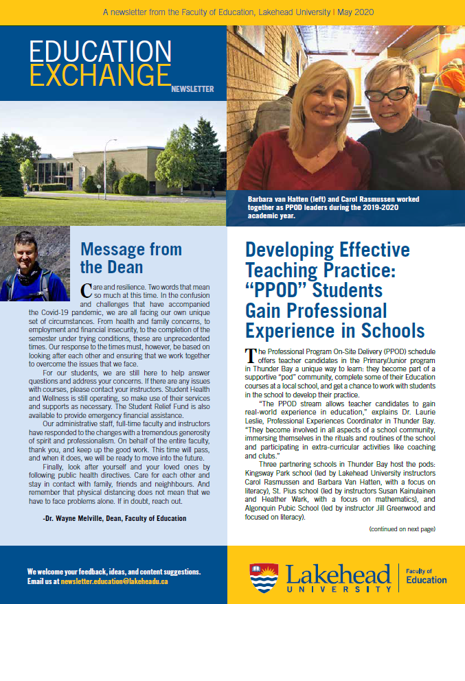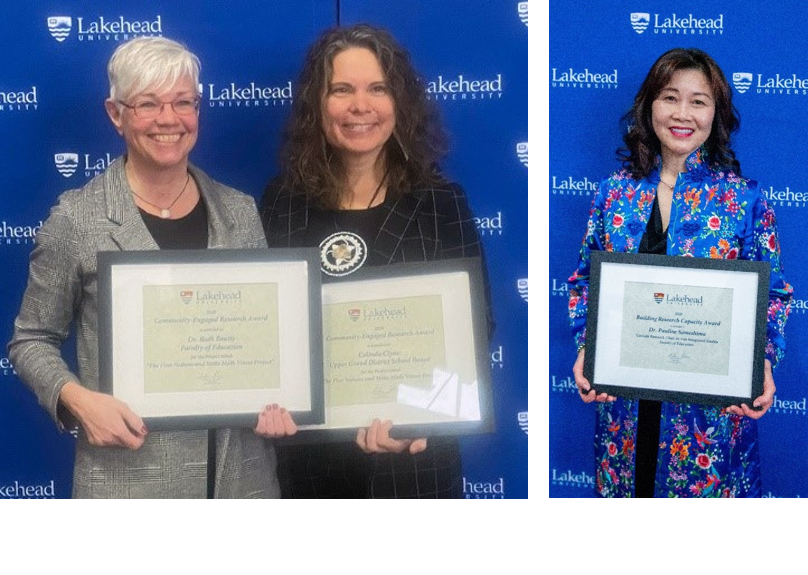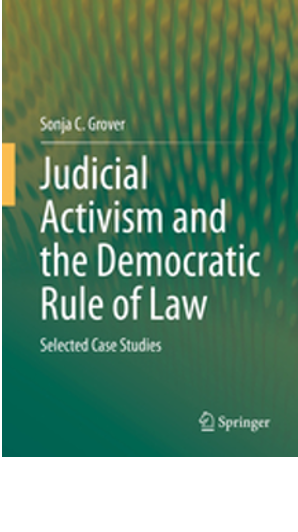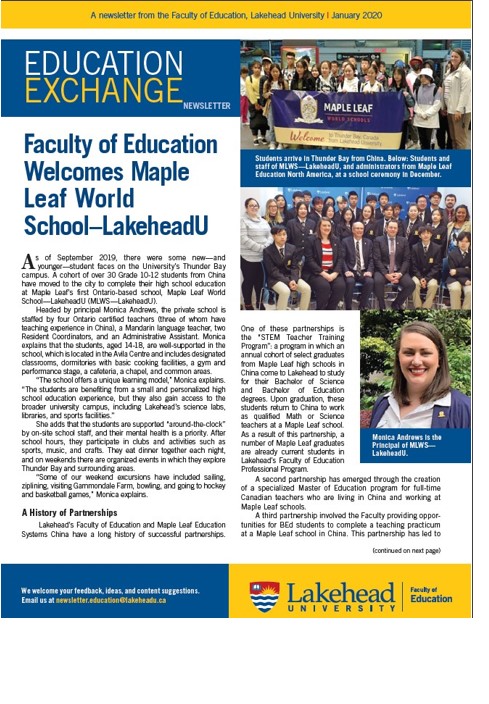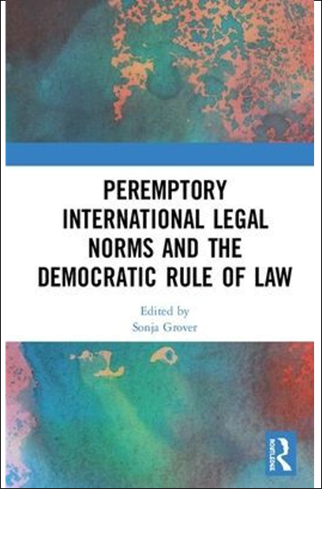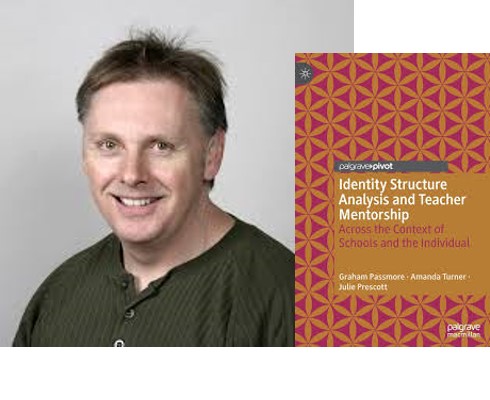BEd Graduate Rupinder Grewal Awarded Ontario Secondary School Teachers’ Federation Faculty of Education Award
Congratulations to Rupinder Grewal (graduate of the BEd program, 2020), who has received the Ontario Secondary School Teachers’ Federation (OSSTF) Faculty of Education Award, valued at $1,000. The award is granted to a graduating Intermediate/Senior Teacher Candidate who is seeking employment with a public secondary board and who exemplifies values of importance to the OSSTF, including being an advocate of unionism, engaging in social activism to promote the professional nature of teaching, and showing leadership among Teacher Candidates.
Rupinder’s dedication to activism and the teaching profession is evidenced by her leadership and support shown in various capacities, such as school breakfast programs, teachers’ unions, the Climate Strike Rally in Thunder Bay, and the Ontario Teacher Candidates’ Council.
One of Rupinder’s Associate Teachers noted in a letter of support that Rupinder is “passionate about equity in education. She is an extremely hard worker, but more than that, she is extremely caring. She has a wonderful persona that makes students and colleagues feel at ease around her. She was firm with student behavior but had the natural ability to flip from discipline to cheerleader, showcasing conflict resolution strategies that many seasoned colleagues have developed over a career. She is a natural teacher who is warm, caring, humorous and patient. She will be an asset to any school lucky enough to hire her, and will no doubt be a force within our union to support our colleagues and lead by example.”
Rupinder is currently seeking employment with a public school board, and will be pursuing a Master of Education program at Lakehead starting in Fall 2020.
Congratulations Rupinder on this achievement!



